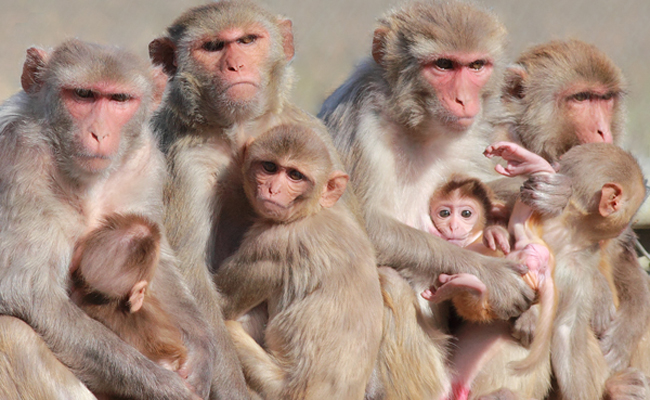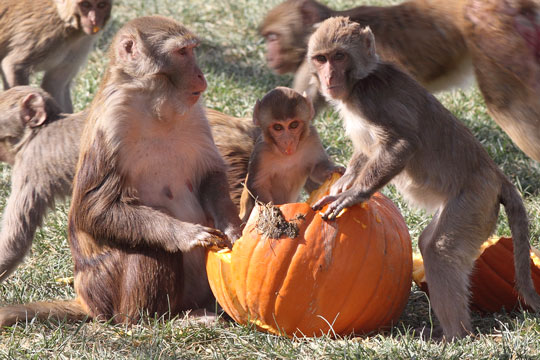Why Primate Models Matter
Scientists discuss the importance of primate models for advancing knowledge in biomedical and biological research. Presenting an honest, forthright discussion of the ethical considerations of using nonhuman primates (NHP) in research, and demonstrating the vital role NHP have played in many of the medical and scientific advances of the past [...]




